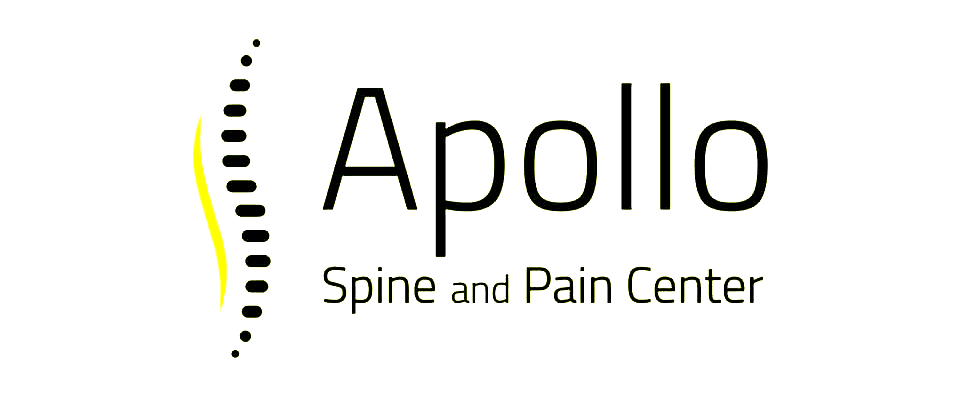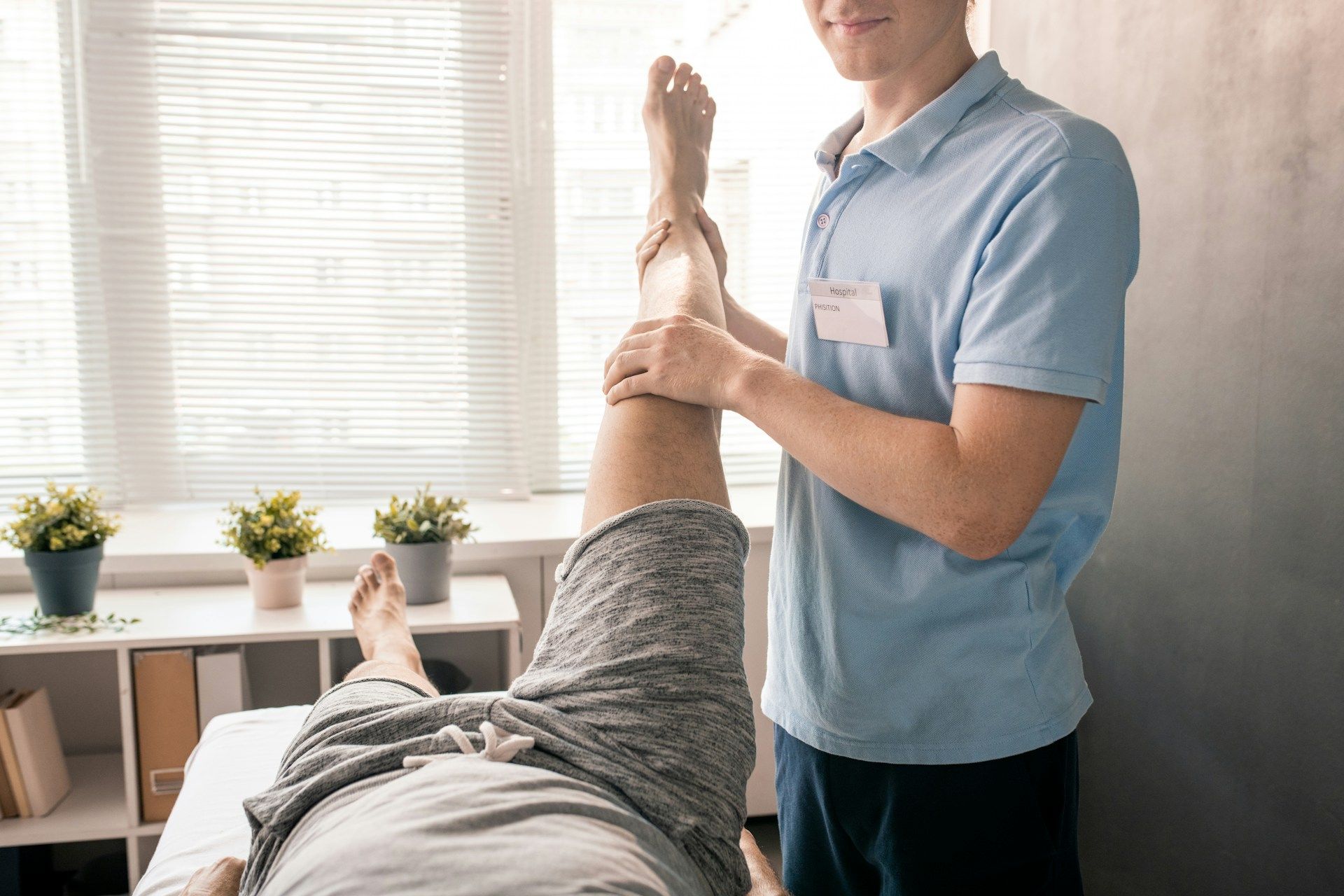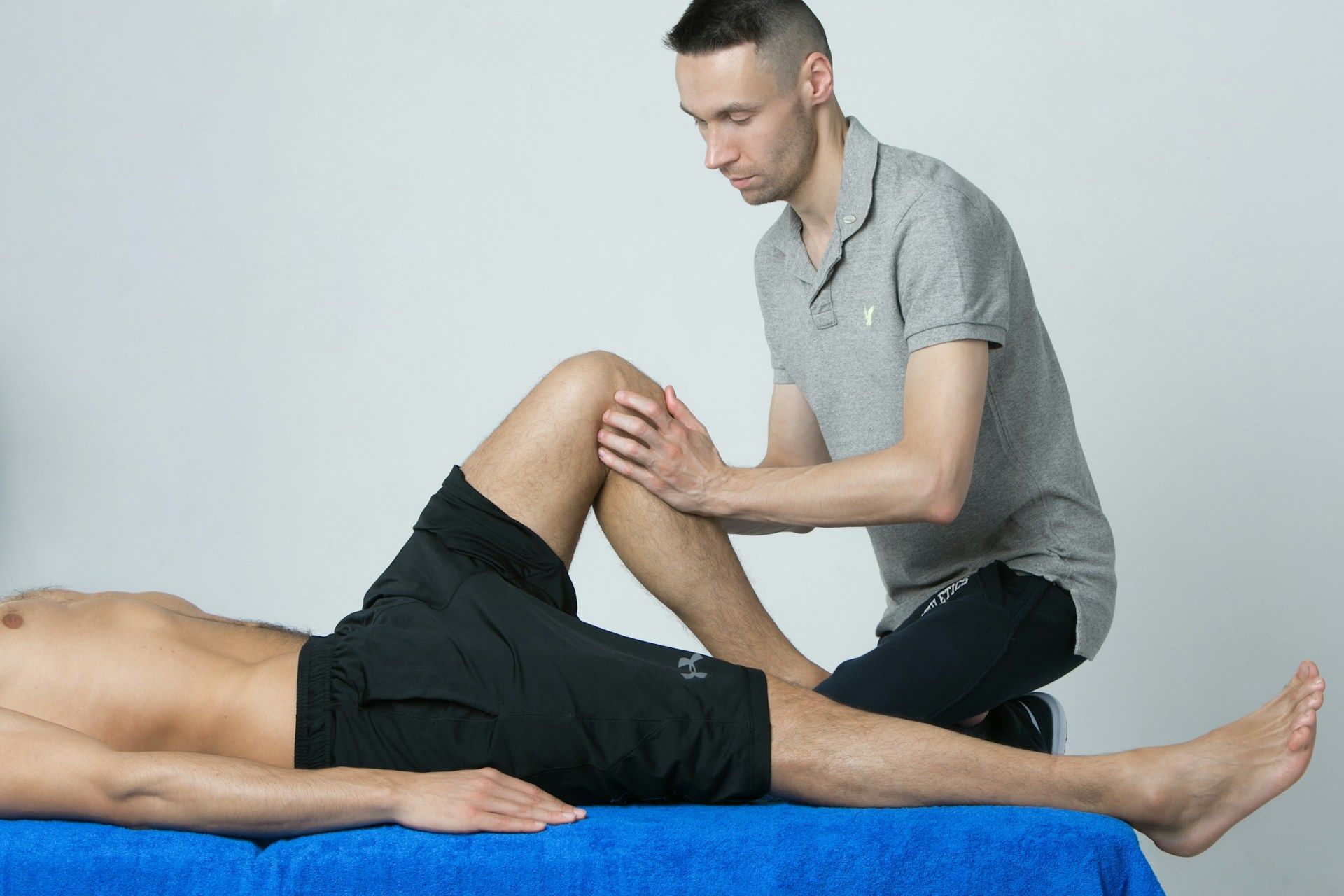A Guide: Manage Cranio-Facial Pain with Simple Tips
Cranio-facial pain is a condition that can affect anyone and often interferes with daily life. This type of pain occurs in the head, face, or neck area and can stem from several causes, such as dental issues, nerve problems, or even muscle strain. Understanding what triggers your pain is the first step in finding effective relief.
For many people, simple, at-home remedies can provide significant relief from cranio-facial pain. Cold compresses, gentle massages, and relaxation techniques can help soothe discomfort. These methods offer temporary comfort and can be the perfect solution for handling pain at the moment.
Long-term management involves making changes to your daily habits. Adjustments like maintaining good posture, ensuring regular dental check-ups, and practicing stress-reduction techniques can prevent the recurrence of pain. If these methods aren't enough, knowing when to seek professional help is crucial. Recognizing the signs that indicate it's time to consult a specialist can ensure you receive the right treatment and improve your quality of life.
Understanding Cranio-Facial Pain: Causes and Types
Cranio-facial pain can manifest in various forms and can affect different parts of the head and face. Identifying the cause is essential for effective management. One common cause is nerve-related issues, such as trigeminal neuralgia, which results in sharp, shooting pain along the jawline or cheeks. This type of pain occurs due to irritation or damage to the trigeminal nerve.
Muscle tension also contributes to cranio-facial pain. Stress or poor posture can lead to tightness in the neck, shoulders, and jaw, causing tension headaches or temporomandibular joint (TMJ) disorders. Dental problems like toothaches or a misaligned bite can lead to chronic pain in the facial area.
Infections, like sinusitis, can cause pressure and pain around the eyes, nose, and cheeks. Inflammation in the sinus cavities leads to discomfort, sometimes mistaken for other types of headaches. Injury from accidents can also lead to lingering pain if not properly treated.
Understanding these causes helps in identifying the right treatment. Knowing the pain's source allows for targeted strategies to reduce symptoms, whether through simple remedies or professional interventions. Addressing the root cause ensures better management of cranio-facial pain.
At-Home Remedies for Immediate Relief
For those experiencing cranio-facial pain, several at-home remedies can offer quick relief. These methods are easy to apply and can help manage pain effectively when it strikes.
1. Cold Compresses: Applying a cold pack or a bag of frozen peas wrapped in a cloth to the affected area can reduce inflammation and numb the pain. This can be particularly effective for migraines or toothaches.
2. Warm Compresses: For muscle tension or sinus pain, a warm compress can promote blood circulation and ease tightness. A warm towel or heating pad applied to the jaws or forehead can provide comfort.
3. Gentle Massage: Massaging the temples, neck, and shoulders in small circular motions can help relax tense muscles. Focus on areas where you feel knots or stiffness.
4. Hydration: Drinking plenty of water can prevent dehydration, a common trigger for headaches. Staying hydrated supports overall well-being and can lessen the severity of pain.
5. Relaxation Techniques: Deep breathing exercises and mindfulness meditation can reduce stress, which contributes to muscle tension and headaches. Practice these techniques daily for better results.
6. Over-the-Counter Medications: Non-prescription pain relievers like ibuprofen or acetaminophen can be used for temporary pain relief. Always follow the instructions on the label to avoid overuse.
These simple at-home remedies offer a practical way to manage cranio-facial pain. They provide immediate relief, allowing you to continue your day with less discomfort. Regular application of these methods can also help in reducing the frequency and intensity of pain episodes.
Lifestyle Adjustments for Long-Term Management
Managing cranio-facial pain in the long term requires some changes to everyday habits. These lifestyle adjustments can help reduce the frequency and intensity of pain episodes, ultimately leading to a better quality of life.
1. Posture Improvement: Maintain good posture while sitting, standing, and especially while using electronic devices. Poor posture leads to muscle tension, contributing to cranio-facial pain. Consider ergonomic changes at your desk or workspace to support good posture.
2. Regular Exercise: Engage in regular physical activity to strengthen muscles and improve circulation. Exercise helps reduce stress and tension in the body, including areas prone to cranio-facial pain. Simple activities like walking, yoga, or swimming are great choices.
3. Healthy Sleep Habits: Ensure you get enough restful sleep by sticking to a regular sleep schedule. Use a supportive pillow to reduce neck strain and avoid sleeping on your stomach, which can misalign your spine and neck.
4. Balanced Diet: Some foods can trigger migraines and headaches. Pay attention to your diet and consider eliminating known triggers like processed foods, caffeine, and alcohol. Eating a balanced diet rich in fruits, vegetables, and whole grains supports overall health.
5. Stress Management: Practice stress-reducing techniques such as meditation, deep breathing, or tai chi. Managing stress is crucial since it often exacerbates cranio-facial pain.
By committing to these lifestyle changes, individuals can manage cranio-facial pain effectively over the long term. These adjustments not only help alleviate current pain but also prevent future occurrences, improving overall well-being.
When to Seek Professional Help for Cranio-Facial Pain
While at-home remedies and lifestyle changes provide significant relief, there are times when professional help becomes necessary. Knowing when to seek expert care can prevent the pain from becoming unbearable or interfering with daily activities.
Seek professional help if:
- The pain is persistent, lasting more than a few days without relief from over-the-counter medications.
- You experience severe or sharp pain that disrupts daily routines, affecting your ability to work or sleep.
- You notice additional symptoms such as vision changes, fever, or nausea accompanying the pain.
- There is swelling or redness in the affected area, indicating a possible infection or other serious condition.
- Your pain is related to a recent injury or trauma to the head or face.
Consulting a pain management specialist helps identify underlying causes and provides access to specialized treatments like medication management or interventional therapies. These professionals can offer a personalized approach to address the specific type of cranio-facial pain you are experiencing.
Conclusion
Cranio-facial pain can disrupt everyday life, but understanding its causes and learning how to manage it effectively are key to reducing its impact. By utilizing at-home remedies for immediate relief and adopting lifestyle habits for long-term management, individuals can control their pain and lead a more comfortable life. Recognizing when it’s time to seek professional help ensures that you receive the appropriate care and treatment, especially when symptoms persist or worsen.
Combining self-care practices with expert intervention can bring significant improvements in pain levels and overall quality of life. With proper management, you can minimize disruptions caused by cranio-facial pain and focus more on enjoying your daily activities. Remember, early intervention and consistent management strategies make a significant difference in handling this condition.
If cranio-facial pain is affecting your life, reach out to Apollo Spine and Pain Center today. Our specialists are ready to help you find relief and improve your quality of life with personalized treatment plans. Don't let pain control you; let us help you regain your comfort and well-being. Learn more about our
pain management interventions.












